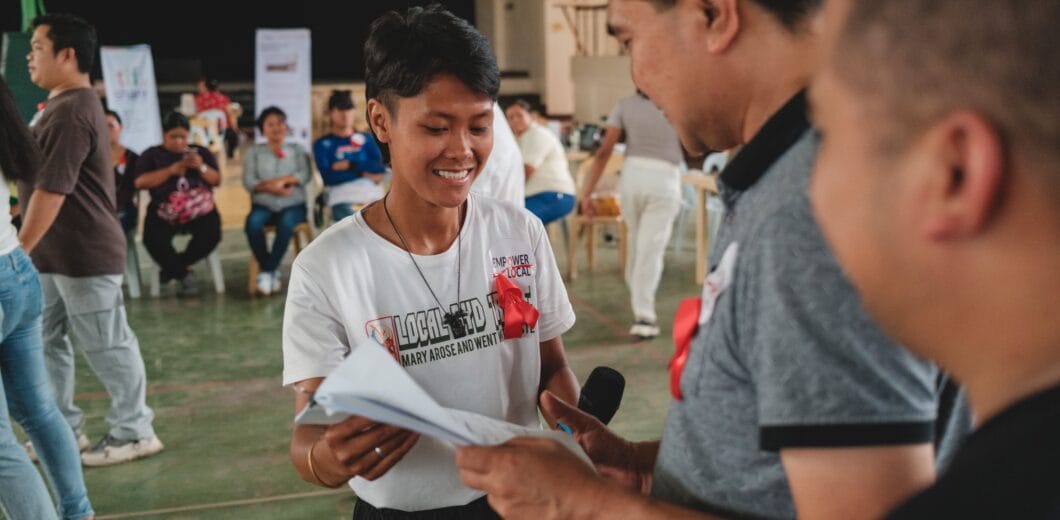Are you committed to advancing community-led solutions, human rights, and sustainability in the global HIV response? The NGO Delegation is seeking an experienced and passionate NGO Report Consultant for this year’s report, « Community-led Integrated Services: A Path to a Sustainable HIV Response. »
The world is at a pivotal point in the fight to end AIDS. As we work toward the 2030 goal of ending AIDS as a public health threat, UNAIDS is developing the Global AIDS Strategy 2026–2031—and your voice is needed to help shape its direction.
UNAIDS has launched a global survey to gather insights from communities, civil society, and other key stakeholders. This is a critical opportunity to ensure the next phase of the HIV response is inclusive, grounded in lived experience, and informed by those most affected.
As Sonal Giani steps down as an NGO Delegate to the UNAIDS Programme Coordinating Board (PCB), we recognize her significant contributions and acknowledge the unfortunate reality that her departure is happening amid an increasingly difficult political climate. Her tenure was marked by firm advocacy for LGBTQIA+ rights, gender equality, and inclusive global health policies—work that remains urgent as challenges to these issues grow.
To people living with and affected by HIV around the world, and our civil society and community-led partners and allies,
We recognize the difficulties many of you may be facing due to the US funding freeze and the extreme uncertainty surrounding the HIV response – and indeed, we are experiencing these same challenges in our organizations, and in our lives. As the NGO Delegation, our aim is to provide an update on recent engagement efforts with UNAIDS leadership since the stop-work orders and spending freeze took effect.
We mourn the loss of Jacqueline Rocha Côrtes, a trailblazing activist whose life was dedicated to fighting for the rights of people living with HIV, particularly those in the transgender community. Jacqueline passed away on 14 August 2024, in São Paulo.
The NGO Delegation to the UNAIDS Programme Coordinating Board is gathering input for our 2024 report on Community Leadership in the HIV response, and we need your voice!
We are excited to announce the call for case studies for this year’s NGO report, which will focus on Community Leadership. This annual report sheds light on critical issues relevant to the global HIV response. This year, we’re spotlighting the indispensable role of community-led activities in achieving the goal of ending AIDS as a public health threat by 2030.
The NGO Delegation is calling for nominations to appoint a representative to the Expert Advisory Committee on Evaluation, an independent body providing essential advice and guidance to the UNAIDS Evaluation Office. This voluntary position seeks candidates with substantial experience in monitoring and evaluation, as well as strong connections to global civil society working in HIV.
Thank you to everyone who joined our recent Global Webinar for Civil Society! We delved into insights from the 53rd PCB meeting and looked ahead to the 54th PCB meeting. Missed the webinar? Catch up by watching the recordings through the links below. Stay tuned for more updates and events!
The 54th UNAIDS Programme Coordinating Board (PCB) thematic segment focuses on “Sustaining the gains of the global HIV response to 2030 and beyond” and will take place on 27 June 2024. The thematic segment will highlight examples of learning from countries in different regions across the Joint Programme. UNAIDS seeks case studies of successful programs and approaches to inform the session.
